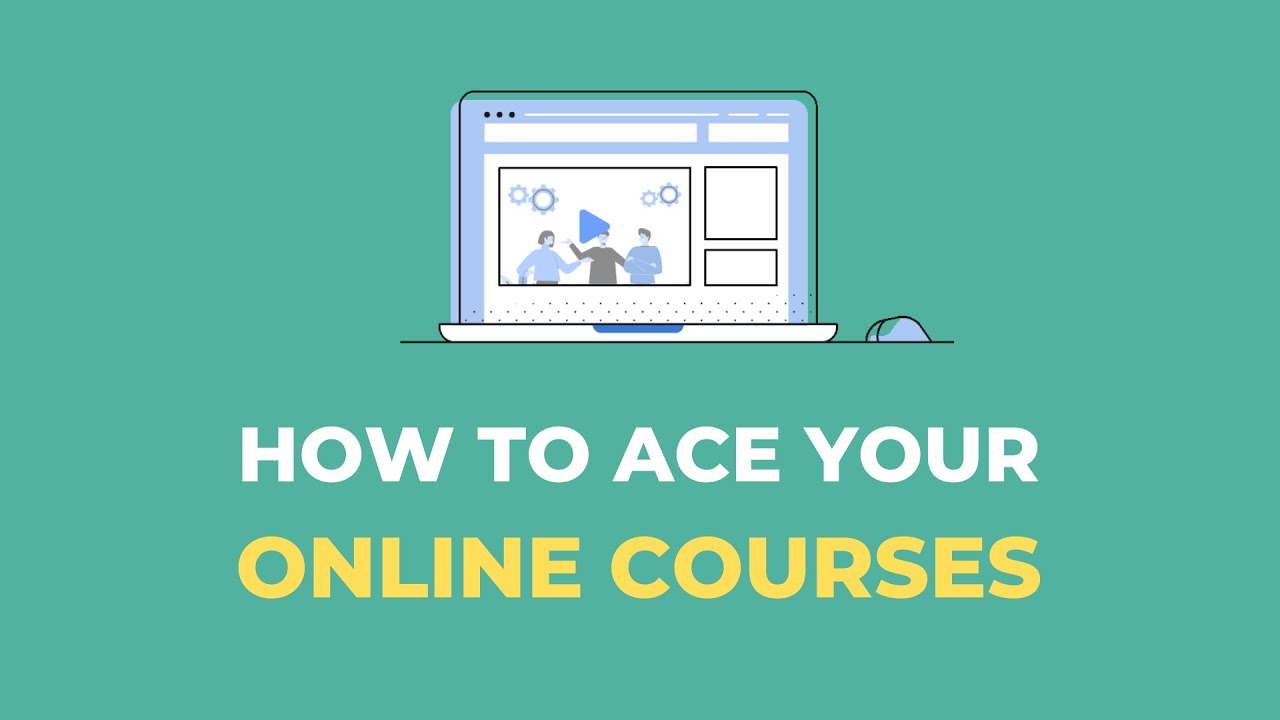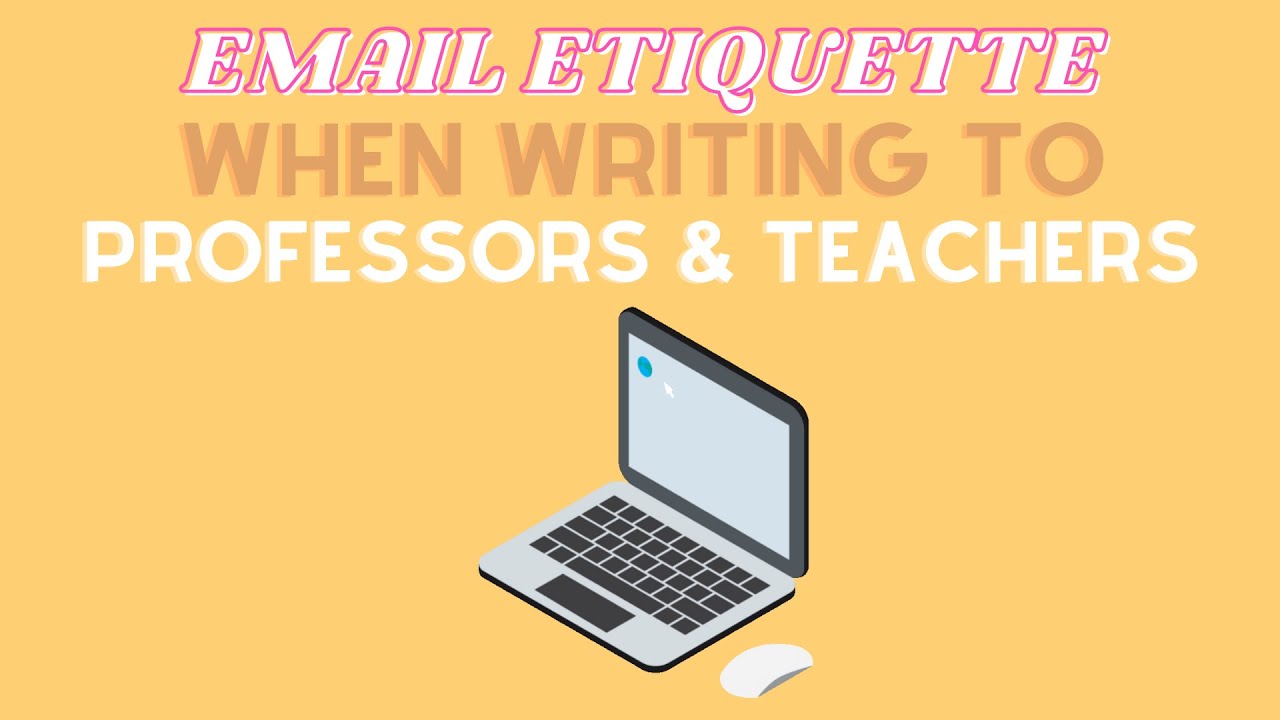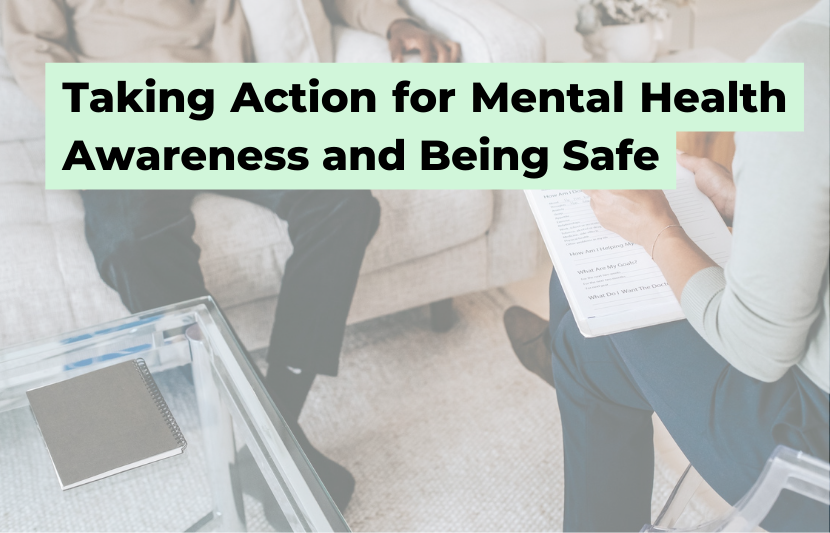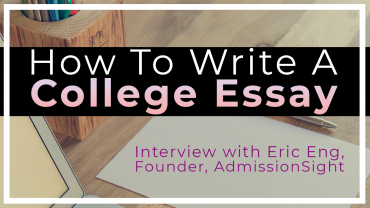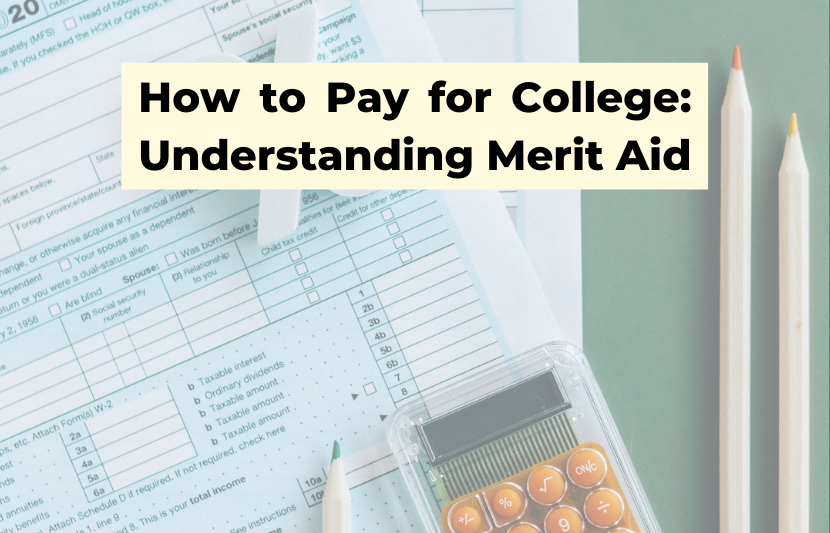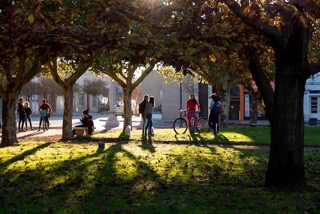In this episode of TUN TV, Dr. Crystal Rose interviews April Paris-Joseph, CEO of Paris Educational Solutions, about how the top six goals for high school freshmen to achieve so they start off on the right foot for college admissions.
Dr. Crystal Rose: Welcome to The University Network TV. I’m your host today, Dr. Crystal Rose. And in this college admissions video, we’re exploring the top six goals for college-bound students to achieve during high school.
We’ll be reviewing this with April Paris-Joseph of Paris Educational Solutions.
Welcome April. So I’d love to explore those with you one at a time, starting with “A” and getting as many A’s in your courses.
Can you speak about this as being an ideal goal?
April Paris-Joseph: This question is both straightforward and complex at the same time. Students always ask, “Should I take the Honors or the AP class and maybe get a B, or should I take the regular class and get an A?”
And the answer that a lot of admissions officers and college counselors will say is, take the AP class and get an A.
Colleges are looking at the transcript as the most important element in an application, and they’re looking at grades and rigor. So, if you can get A’s in AP classes, you should be taking them. But you shouldn’t be taking them if that means you’re sacrificing our non-negotiables that we talked about. And you really have to allow a student to balance their true interests and natural inclinations with trying to build this transcript because it can backfire.
I’m working with a student right now who jumped into a bunch of APs as a freshman, but wasn’t ready in terms of study skills and so couldn’t pull it off. And so, now they’ve got this really spotty transcript. And I get why they made that decision their freshman year, but it wasn’t the best decision for that student.
Dr. Crystal Rose: Does that mean sometimes you’d rather get an A in an Honors course than a B in an AP course?
April Paris-Joseph: Sometimes, yes. It depends.
So, I went ahead and I took the AP Bio class in high school, and I really shouldn’t have been in the class and I did not get an A. And it’s because it was the wrong class for me. I worked really hard, but that wasn’t worth it.
But the student who is really passionate about biology, who wants to go pre-med or sports medicine or become an osteopath or something like that, should probably be in that class. And if that means they get a B, it’s actually okay because it will beg the question, why didn’t you challenge yourself in this area that you now want to tell us at college you’re really interested in?
Dr. Crystal Rose: Can you recall for us the three non-negotiables?
April Paris-Joseph: You have to have time asleep, you have to be with your friends, and you have to be in community. The community is your family and household. Participating in your core community is very important.
Dr. Crystal Rose: What about taking that extra math course during the summer in order to perhaps rehabilitate any of your grades or so that you can stay intact with the goals?
April Paris-Joseph: There are a few different things to think about, and I’m going to start with the second thing you said — rehabilitating a grade. So, if you did not do well in the class, and you have the opportunity to retake it and you are in a district or at a school that will allow you to do a grade replacement, you really should do the grade replacement. And you should do it right away.
Every year, the summer between junior and senior year, there are students who are trying to rehabilitate grades from freshman year. And you’re just sitting there as a counselor thinking, why didn’t you just get this done then? But, we’re doing it. And then you’re doing that alongside your college applications, and it’s just more stress.
Plus, rehabilitating that grade in the summer will make you stronger for the next course. So, I have every reason in the world to want that done right away. Even if your school won’t replace the grade, it might still make sense to do that work so that you’re stronger for the next level in the series.
Then, there’s the first part of the question that you asked me, which is about taking the class to accelerate and move through the curriculum more quickly. That still depends. But for a lot of students, I think it’s a really good idea. And I really like that opportunity because the way we’re set up as a country, we start tracking students in math generally before middle school.
And the maturity of middle schoolers is so wide-ranging that a student who really is interested in math and engineering and science might not have figured out how to be a student when they’re 10 years old. And yet they’ve gotten tracked based on the fact that they’re bouncing around the room and won’t take class seriously. And now they get to high school and there’s no way to get to Calculus. If you hit your freshman year in Algebra 1 or Pre-Algebra, you will never take Calculus as a senior, unless you do a class over the summer.
Some schools, and it’s not that common, offer an accelerated class. My kids’ high school did it for a bit where they had Algebra 1 and Geometry smushed into one year so that the students could get to Calculus if they were inclined. But I’m in favor of it when a student wakes up and says, “I want to be an engineer,” and their math and science track says they’re not going to get what they need in high school to qualify for programs.
Dr. Crystal Rose: Next, we have “B” for bolster your writing. Why is learning to write so important for the college preparation process?
April Paris-Joseph: So, you’re going to write essays.
You’re going to write a Common App personal statement. If you’re applying to the University of California system, you’re going to write the PIQs. If you’re applying to certain other schools, you’re going to have supplemental essays.
You are going to write a lot for your college applications. So, I don’t care how STEM-focused you are, how sure you want to be an electrical or mechanical engineer, you’re still going to have to write.
And here’s the kicker for the STEM students. It’s a little unfair. Our humanities-based students, our political scientists, our future teachers and psychologists, we can get away without fully grasping Calculus and all of the STEM-based stuff. But you guys in the STEM field, you still gotta communicate. You still have to learn how to articulate your thoughts cogently and comprehensively to other human beings. So, you can’t just not care about the writing and the reading. That is a basic life skill.
Dr. Crystal Rose: What’s the best way you recommend for students to bolster this writing skill?
April Paris-Joseph: Read, read, and read. I love to hear when my students are telling me that they’re reading for fun.
What do you choose on your own to read for fun? And here’s the thing nobody wants to fully recognize, and my mentor talks about this all the time, graphic novels are reading.
You can read something you enjoy, and it does help. We do all this research on SATs and ACTs and testing scores, and it always comes down to this. Kids that are reading independently score higher. Kids that are read to when they’re young score higher.
Dr. Crystal Rose: We’ll go with “C” now for commendations or recommendations. How should students approach letters of recommendation?
April Paris-Joseph: The simplest place to start is with two academic recommendations. I always like my students to have somebody on the math/science side and someone on the English/history side. Sometimes that works if it’s a language teacher as well. But that’s basically the split: one of each.
Sometimes, if you’re going into a STEM program, they will ask for two people from the math/science side. Rarely have I ever seen a request for two English writing reviewers.
So, that’s the baseline starting point. And the question is, who is going to speak well of you? And speaking well of you doesn’t mean you got an A in the class. Who did you cultivate a good relationship with? Students sometimes are afraid to ask questions because they think it’ll give the teacher the wrong impression, but it’s actually the opposite.
Teachers love working with students who want to learn. So, if you’re actively pursuing understanding, if you are being really engaged in the class, that’s going to bode well for your recommendation. And they may say, “they weren’t the best student, this material did not come easy to them, but they made it happen,” which says a lot to a college because you’re stepping up. And do you know what to do when it doesn’t come easy?
Some schools and specific programs will ask for a community member. So, students should be thinking also about who they are outside of their own campus. I love to see students get a job and work, especially students coming from some sort of means.
It’s great to see them work a job where they learn, and the colleges get to know for sure this student can be told what time to be somewhere at peril of being fired and they will show up. And if you’re at work and you forgot your uniform, you’re in trouble and no one’s rescuing you. So, just learning that they can deal with those kinds of things. And then those bosses make good recommenders.
Dr. Crystal Rose: How should students who decide to take a gap year approach the letters of recommendation?
April Paris-Joseph: It always depends, but my first hope for those students is that they collect those letters of recommendation before they leave campus upon their graduation. So, talk to those teachers. Often, it makes sense to get those letters written with the rest of the class.
So, let’s say you’re doing the gap year as a deferral where you apply and then put it off, you’re going to have gone through your whole application and the question is moot.
But every once in a while, the student takes the year off and applies after they’ve graduated high school. In that case, it’s really important to make sure those letters are in play before you leave campus at the end of your senior year. You don’t want to lose those ties before you ask.
Dr. Crystal Rose: Great advice.
Next is “D” for diction, learning how to interview.
April Paris-Joseph: This goes back to the writing. Can you communicate? Can you talk about yourself? But for the interviews, I usually talk to students about really understanding who you are and what do you want to communicate? So, not just what are your accomplishments.
Often, students are surprised when they’re asked the question, what would your best friend say about you? Or what books are you reading?
And it really is also all about learning to look people in the eye, have a direct conversation in full sentences. You have to learn how to present yourself. Is this a formal interview and you need a tie, or is this going to be more casual? And lots of zoom etiquette stuff, too. Make sure your background is clean.
Dr. Crystal Rose: Next, I have “E” for exams. Testing still seems to be a part of the college admissions process, even though we are in a test-optional environment, is that correct?
April Paris-Joseph: We are in a test-optional space. I don’t know that I want to call it an environment.
MIT, Georgetown, Georgia Tech, the whole U Florida system, the University of Tennessee, in the last couple of months, have all said that they’re going to require testing. Meanwhile, University of California, University of Washington, test-blind. So, we’re all over the place.
And what I tell my students is that test-optional means you want to have options. In order to have options, you need a score. If you don’t take the test, you haven’t given yourself the choice to submit it or not submit it.
So, I strongly urge all of my students to take the test. How much preparation you put into that depends. What are you looking to get out of this test score? What colleges are you targeting? How important is a test score at those colleges?
What I like to see is students prepare as well as they can sometime in the junior year and have a score under their belt that they can look at and understand before they get into their senior year. Because once you’re a senior, you have a lot of other things to be stressed about, and you don’t want to have to deal with that, too.
I want athletes to have a score before they start their junior year so that they can either not think about it again or they can retake it later.
And then it’s okay to not submit a score.
Dr. Crystal Rose: Another good point to note is that you want to start preparing earlier. And it means if you do need any sort of accommodations, you want to get those accommodations early.
April Paris-Joseph: It can be really hard to get those. So, the more time you give yourself to get that set up, the better.
Dr. Crystal Rose: Next we have “F” for finding your passion or focusing on your extracurriculars as something you would like to achieve starting off right from your high school freshman year. Could you please share more about this process within the context of a college-bound high school student?
April Paris-Joseph: This is probably my favorite part because this is actually the most focused on the student figuring out who they are and what they’re interested in.
Some students get to eighth grade and they really know what they want and where they want to go. And they can jump right into those kinds of activities. There are those students that start freshman year and they’re like, I’m signing up for the neuroscience club. I’m signing up for local health advocates.
So, the students that just don’t know. And let’s be fair, you’re 14, you shouldn’t have to know. So, try Amnesty International, try the volleyball team, try Model United Nations, just try some different things in the freshman year and then narrow.
And gradually it will become clear to you what you’re really enjoying and feeling passionate about. And put more time and energy into that. There’s this myth that there’s a perfect set of extracurricular activities to do that will get you into the school of your choice. Let me tell you something I’m positive about.
Harvard is not full of only students that did the robotics team. That’s just not it. They want some students that have done the robotics team, they also want some students that played football, and they have a basketball team. They’re going to have everything. They want students that are going into pre-med, they want social justice advocates and students that are really passionate about that.
Colleges are building a whole class. If you are passionate about the cello, you should play the cello. What you shouldn’t do is, decide you’re going to play the bassoon because you heard once that somebody got into UC Berkeley because they played the bassoon. The year you apply, they might already have someone playing the bassoon and not need you.
So, the students should really do what they’re enjoying and the rest of it will work out.
Dr. Crystal Rose: In terms of talking about extracurriculars, you said that there’s no one extracurricular that people should go for.
April Paris-Joseph: There are certain things that will beg questions, right?
If you are at a school with a physics club that’s doing international physics competitions and winning and you apply and say, “I want to be a physics major, and you have never checked out this physics club,” it is going to beg a question. Admissions officers are going to go, “if you’re so interested in this, why doesn’t anything you’ve spent your time doing tell this story?”
So, part of doing what’s authentically matters to the student means that when you get to the essay writing, they’ll have something authentic to say. Their application will be more authentic because things will come together and make sense.
Dr. Crystal Rose: What are students ultimately preparing for?
April Paris-Joseph: All of these elements will come together to build what will be their application. And I don’t like it when we go past that as parents and adults in their lives before it’s time to really do it because then we start to think, “We’re building the application for X school” and start putting a lot of weight and expectation on the students. And that’s not the goal.
The goal is to help them be as fully authentically themselves as possible, when we get to the application process, so they can then figure out, “Okay, where do I want to apply?” Hopefully, not based on brand names or arbitrary rankings. Hopefully, based on where they could really excel and thrive as human beings.
Dr. Crystal Rose: Absolutely. Thank you for sharing these key strategies and recommendations of how to really start off on the right foot as a high school freshman.
Dr. Crystal Rose: Thank you so much, April.
April Paris-Joseph: Thank you.
Dr. Crystal Rose: Now, with April’s advice, hopefully, you’ll be off on the right foot for your college application process. Here’s to your success. I’m your host, Dr. Crystal Rose. Until next time on TUN TV.

